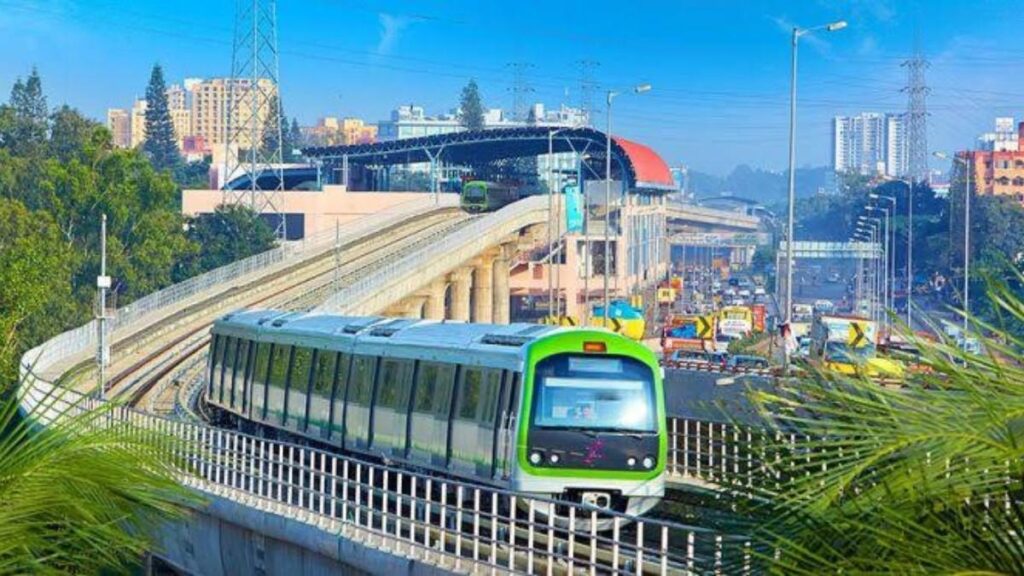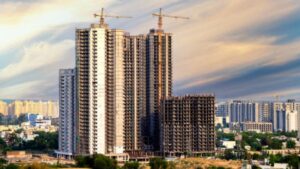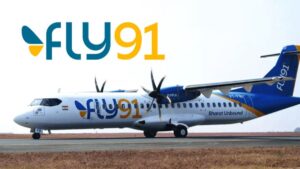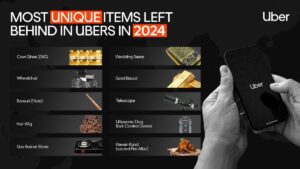Recent Bengaluru Metro Fare Hike Makes it the Most Expensive Metro in India; Sparks Public Outrage

Bengaluru Metro Rail Corporation Limited (BMRCL) has announced a significant fare hike, effective February 9, 2024, raising the maximum fare from Rs 60 to Rs 90—a 50% increase. This move has made Bengaluru Metro the most expensive transit system in India, surpassing Delhi, Chennai, and Kolkata. While the minimum fare for short distances (0-2 km) remains unchanged at Rs 10, fares for longer distances have seen a sharp rise. For instance, the fare for 2-4 km has increased from Rs 15 to Rs 20, and journeys beyond 25 km will now cost Rs 90.
The fare revision comes after recommendations from the Fare Fixation Committee, constituted under the Metro Railways (Operation & Maintenance) Act, 2002. The committee, chaired by a former High Court judge, submitted its report on December 16, 2023, emphasizing a balance between affordability and financial sustainability. However, the decision has drawn widespread criticism from commuters, activists, and politicians alike.
Discounts and Smart Card Changes
In a move that has further irked passengers, BMRCL has discontinued discounts for QR code users, limiting the 5% discount exclusively to smart card holders. Additionally, the minimum balance requirement for smart cards has been raised from Rs 50 to Rs 90. While BMRCL has introduced an additional 5% discount for off-peak travel (effectively 10% during off-peak hours), many argue that this does little to offset the overall fare increase.
Off-peak hours are defined as the start of service till 8 am, 12 pm to 4 pm, and 9 pm to closing hours on weekdays. A 10% discount will also be available on all Sundays and national holidays. However, the discontinuation of QR code discounts has been particularly controversial in India’s tech capital, with critics arguing that it contradicts the spirit of Digital India.
Tourist and Group Passes See Sharp Increases
The fare hike also impacts tourist cards and group tickets. One-day passes have doubled from Rs 150 to Rs 300, while three-day and five-day passes have risen to Rs 600 and Rs 800, respectively. These changes are expected to affect tourists and daily commuters alike, with many fearing that the increased costs will push people toward private vehicles or alternative transport options.
Bengaluru Metro: Now the Costliest in India
With the new fare structure, Bengaluru Metro has become the most expensive in the country. In comparison, Kolkata Metro remains the most affordable, with fares ranging from Rs 5 to Rs 50. Delhi Metro charges Rs 60 for distances over 32 km, while Chennai Metro’s maximum fare is Rs 50. The disparity has led to accusations of inequity, with many questioning why Bengaluru commuters are being burdened with higher costs.
Press release from BMRCL regarding the fare hike:


Commuters Voice Concerns
The fare hike has sparked outrage among Bengaluru’s residents, with many taking to social media to protest under the hashtag #RevokeMetroFareHike. Rajkumar Dugar, founder of the NGO Citizens for Citizens, criticized the move, stating that it discourages public transport use and exacerbates the city’s traffic woes. “The government should find alternative revenue methods instead of burdening commuters,” he said.
Others have pointed out that the fare hike, coupled with long wait times and overcrowding, could push more people toward private vehicles. Bengaluru already has 1.2 crore registered vehicles, with an alarming vehicle density of 874 vehicles per kilometer. The city’s average traffic speed during peak hours has dropped to below 10 kmph, and the fare hike is likely to worsen congestion.
BMRCL Defends the Decision
BMRCL officials have defended the fare hike, citing rising operational costs and the need for financial sustainability. The corporation’s operational costs have surged from Rs 48.7 crore in 2013-14 to Rs 613.07 crore in 2023-24, while fare revenue has grown from Rs 9.8 crore to Rs 573.9 crore during the same period. Officials argue that the additional revenue is necessary to cover staff salaries, network expansion, and safety measures such as platform screen doors.
A senior BMRCL official explained, “The average fare increase is around 42%, and not all passengers will travel end-to-end. If we don’t insist on a minimum balance, passengers with insufficient funds could face issues while exiting the station.”
Operational Challenges and Delays
Bengaluru Metro is also grappling with operational challenges, including delays in project completion and a shortage of trains. Phase 1 of the project, initially approved in 2006 for Rs 6,395 crore, ended up costing Rs 14,133 crore by its completion in 2017. Phase 2, sanctioned in 2014 for Rs 26,405 crore, has seen costs escalate to Rs 40,614 crore, with the deadline pushed to December 2026.
The system currently operates 57 trains over a 76 km network, with five trains under maintenance. Experts recommend at least one train per kilometer to maintain a frequency of three to four minutes, but the current fleet falls short. Delays in the delivery of new coaches from Chinese manufacturer CRRC have further exacerbated the problem.
Calls for Better Services
In light of the fare hike, commuters are demanding improved services, including increased train frequency, additional trains, and faster project completion. Many have also called for the installation of platform screen doors at crowded stations to enhance safety.
MP Tejasvi Surya, representing Bengaluru South, criticized the fare hike, stating that it discourages public transport use and places an undue burden on commuters. He urged BMRCL to explore alternative revenue sources, such as advertising and leasing commercial spaces, to align Bengaluru’s fares with other metros in the country.
Karnataka Govt, instead of incentivising public transport and discouraging private vehicles, is doing the exact opposite with the Metro Fare Hike.
— Tejasvi Surya (@Tejasvi_Surya) February 9, 2025
Bengaluru metro fares should be at par with other metros in the country.
While commuters in Delhi pay ₹30 for a 12 km ride,… pic.twitter.com/WDvguMuSVS
Conclusion
The fare hike has ignited a heated debate about the future of public transport in Bengaluru. While BMRCL argues that the increase is necessary for financial sustainability, commuters and activists contend that it will only worsen the city’s traffic congestion and reduce the quality of life. As Bengaluru continues to grow, striking a balance between affordability and operational efficiency will remain a critical challenge for its Metro system.









